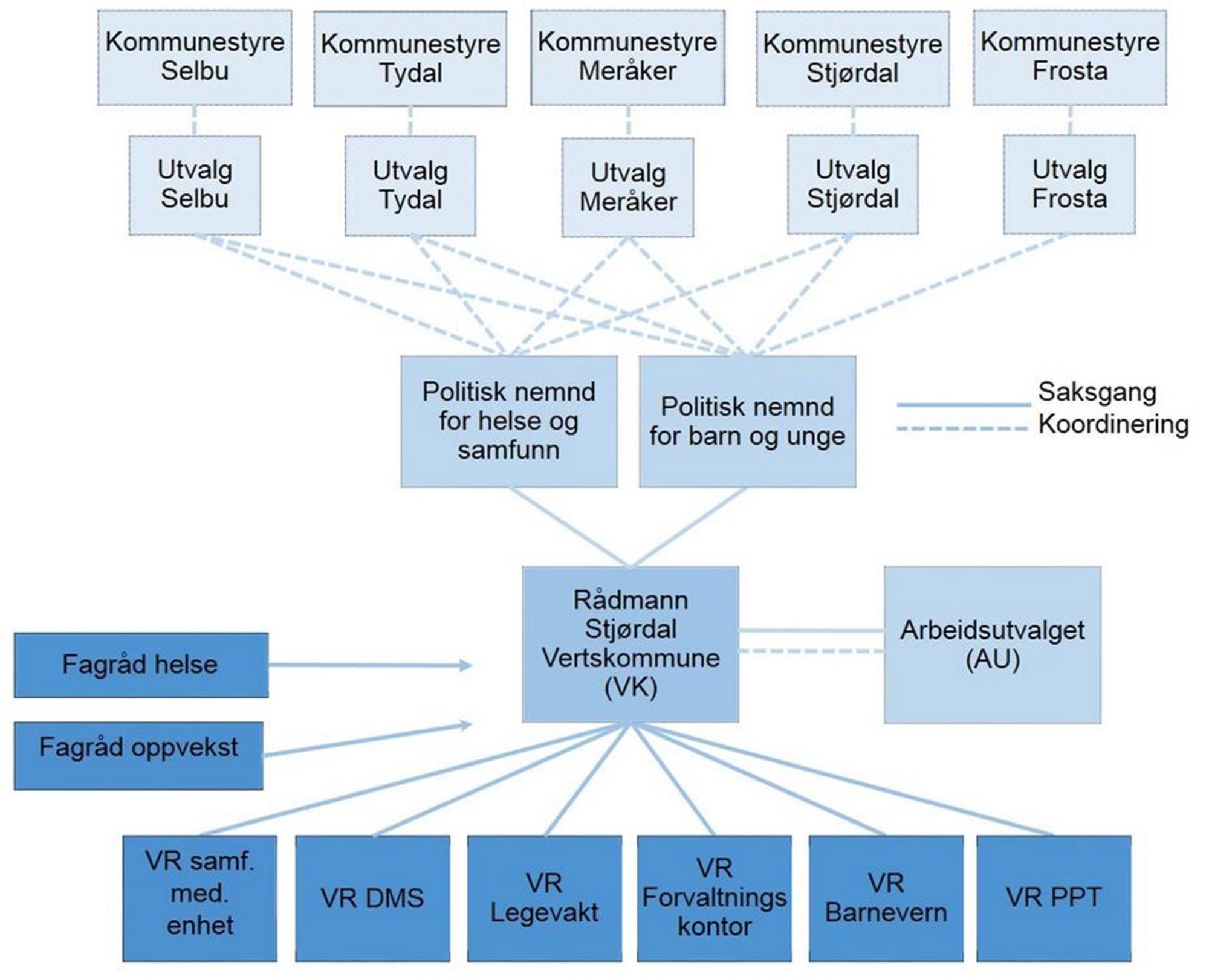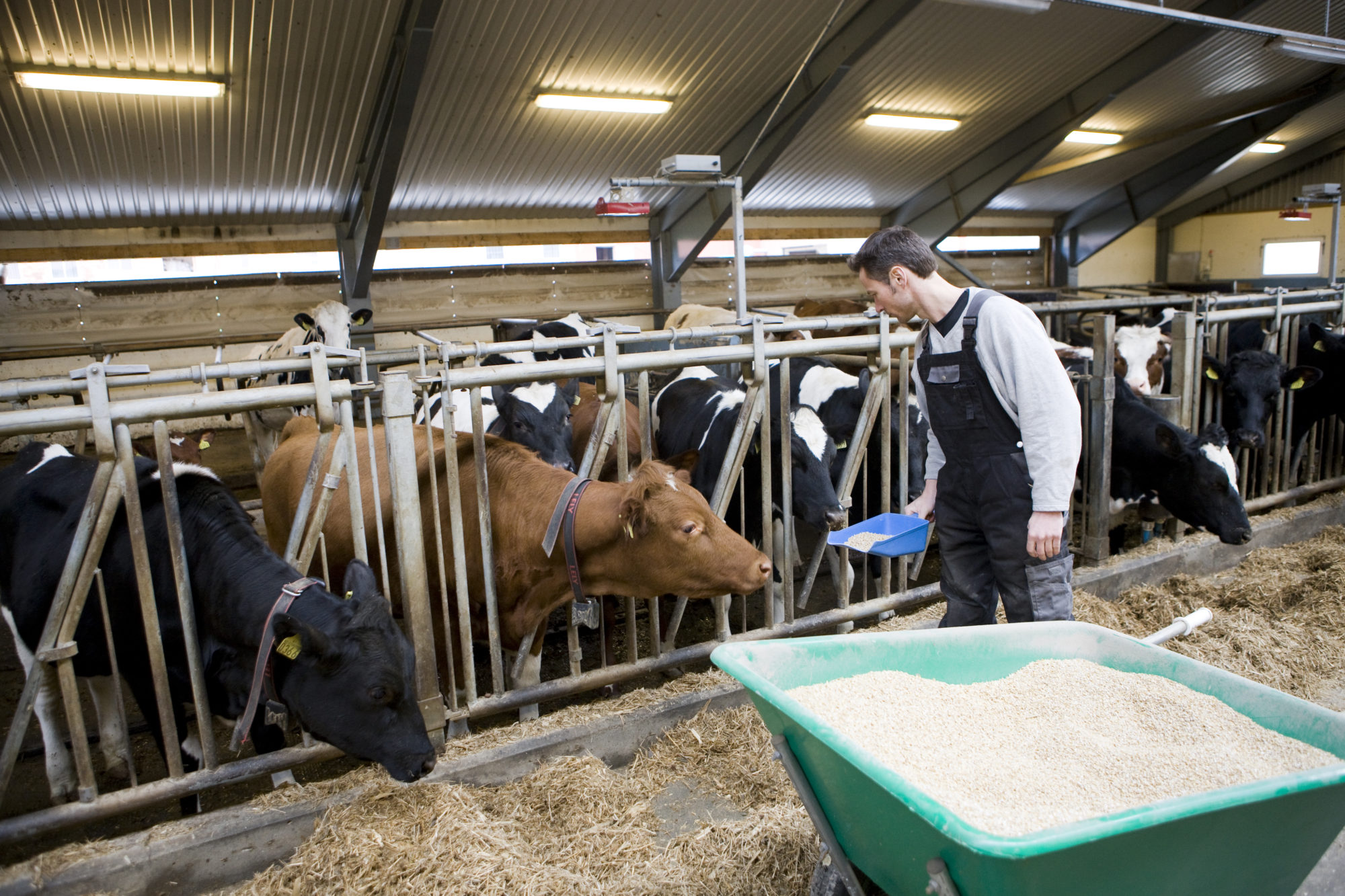Evaluation of government and public management in the Værnes region

Centre for Rural Research in collaboration with Nordlandforskning is to evaluate government and public management in the Værnes region, Norway. The Værnes region is an extensive cooperation between six municipalities. The cooperation is complex: in terms of service character (administrative services and services carrying out civic authority, such as child care services); in terms of kind of municipality (peri-urban with persistent growth, and smaller peripheral municipalities with persistent population decline); and a pletora of liaison committees. The cooperation is organised as partly administrative host municipality cooperation and partly with an elected committee.
Project details
Project period
01/11/2016 - 28/02/2017
Collaboration partners
Nordlandsforskning (Arild Gjertsen)
Financing
Værnesregionen
News
Comment: Access to feed is also food security
The use of new feed ingredients can solve this challenge, but at the same time the feed competition…
Kick-off for the development of new solutions in the feeding system
The two-day meeting was held virtually this December after the corona situation indicated that a physical start-up meeting…
Publications
- Article
2024
- Note
2023
- Note
2022
Contact us
Would you like to get in touch with us?
Fill in the form below and we will answer you as soon as possible.




